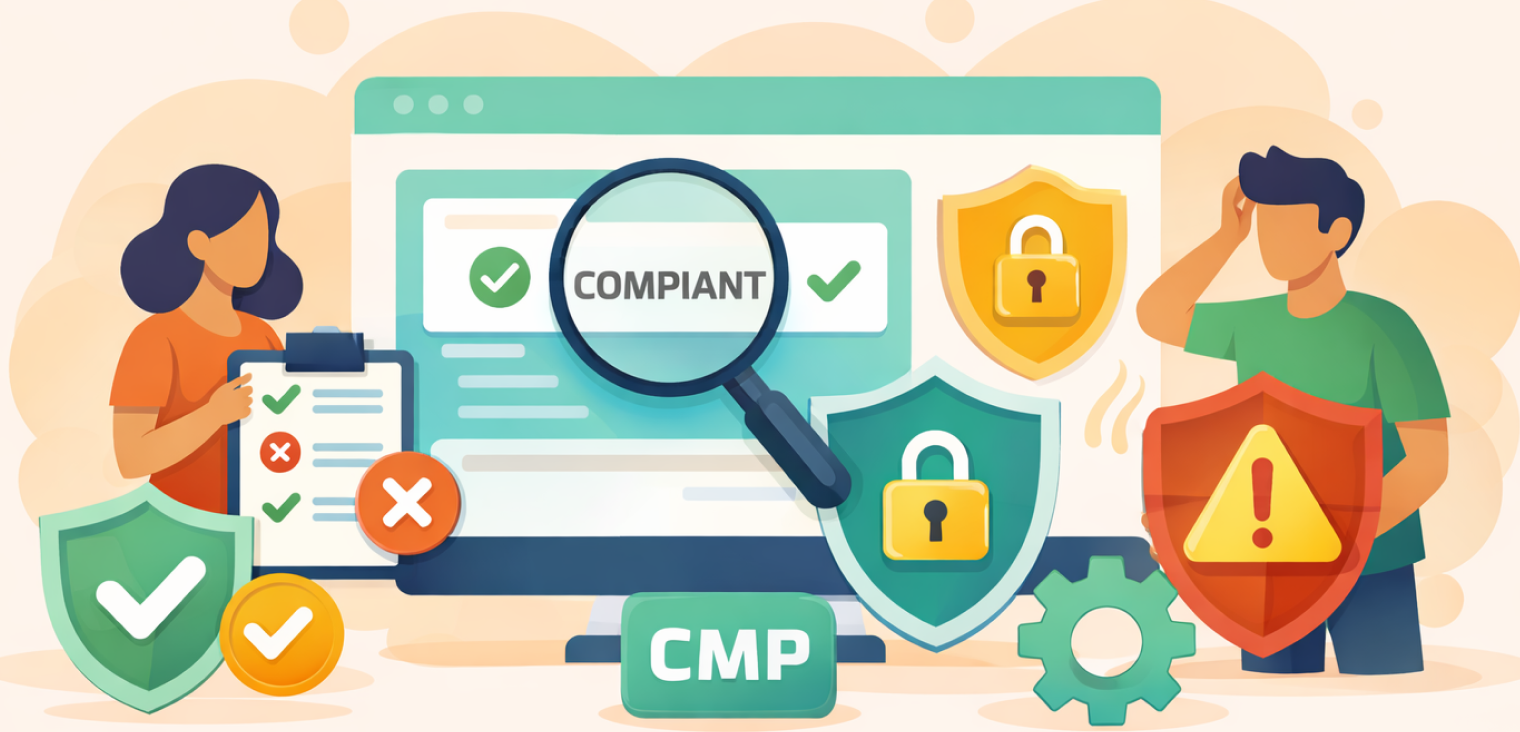Why Every Website Needs a Cookie Policy
August 15, 2024
•
2 min read
Table of contents
back
to the top
In today’s digital landscape, cookies play a crucial role in how websites operate. They’re those tiny pieces of data stored on a user’s device, helping websites remember preferences, track behaviour, and deliver personalised experiences. While cookies offer significant benefits, they also raise privacy concerns, which is why having a clear and comprehensive cookie policy is no longer optional — it’s a necessity.
What is a Cookie Policy?
A cookie policy is a document that informs users about the types of cookies your website uses, the data they collect, and how that data is utilised. It’s your way of being transparent with your users, ensuring they understand how their information is being handled. This transparency is not just about building trust — it’s also about staying compliant with data protection laws.
The Legal Requirements
With the rise of regulations like the General Data Protection Regulation (GDPR) in the EU and the California Consumer Privacy Act (CCPA) in the United States, businesses are required to disclose their cookie practices. Failing to do so can lead to hefty fines and damage to your brand’s reputation.
Under GDPR, for instance, websites must obtain explicit consent from users before placing non-essential cookies on their devices. This means you need to inform users about what cookies are being used and why, allowing them to opt in or out as they choose. A well-crafted cookie policy is the cornerstone of this process.
Building Trust with Users
Beyond legal compliance, a cookie policy is vital for building trust with your audience. Users are becoming more aware of their digital privacy and are cautious about how their data is being used. By clearly outlining your cookie practices, you’re showing that you respect their privacy and are committed to safeguarding their personal information.
This transparency can lead to higher user engagement and loyalty. When users feel that they can trust your website, they’re more likely to stay longer, return more often, and even convert into paying customers.
Enhancing User Experience
Cookies are essential for creating a personalised user experience. They remember login details, keep track of shopping carts, and deliver content tailored to individual preferences. However, without a cookie policy, users may be left in the dark about how and why their data is being used.
A clear cookie policy helps users understand the benefits of cookies, making them more likely to consent to their use. This consent is crucial for maintaining a smooth and customised user experience, which is key to the success of many online businesses.
How CookiePal Can Help
Creating a comprehensive cookie policy might seem daunting, especially for small businesses without legal teams. That’s where CookiePal comes in. CookiePal not only helps you generate a GDPR-compliant cookie policy, but it also offers a privacy policy generator to cover all your data protection bases. With CookiePal, you can ensure that your website is fully transparent and compliant with the latest regulations, without needing to dive into the legal jargon yourself.
Protecting Your Business
A cookie policy doesn’t just protect your users — it protects your business too. By clearly outlining your cookie practices, you can avoid potential legal issues and fines. Moreover, being upfront about your data practices can shield your business from reputational damage. In a world where data breaches and privacy scandals are increasingly common, being proactive about privacy can set you apart from competitors.
Getting Started
If your website doesn’t have a cookie policy yet, now is the time to create one. It’s a straightforward process that can save you a lot of trouble down the road. With tools like CookiePal, generating a cookie policy that covers all the necessary bases is easier than ever.
Start by listing the types of cookies your website uses — essential cookies, performance cookies, functional cookies, and targeting cookies. Then, explain the purpose of each type and how users can manage their cookie preferences. Finally, make sure your policy is easily accessible — typically linked in the footer of your website.
Conclusion
In the age of data privacy, a cookie policy is no longer just a nice-to-have; it’s a must-have. It’s essential for legal compliance, building user trust, and enhancing the overall user experience. With the help of CookiePal, creating a comprehensive and compliant cookie policy is a breeze. Don’t wait until it’s too late — protect your users and your business by setting up a cookie policy today.
Explore further

Why Cybersecurity Completes Your Consent Strategy
Prepare for GDPR audits: log timestamped consent, user identifiers, policy versions, actions and withdrawals; use a CMP for secure, exportable audit-ready records.
October 29, 2025
4 min

CMP and AI: Can You Use AI While Staying Privacy-Compliant
A concise guide to using AI under GDPR: how consent, transparency, and your CMP ensure LLMs and AI tools stay ethical, compliant, and future-proof.
November 20, 2025
2 min

CMP Myths Busted, Part 5: “Using a CMP Guarantees Full Compliance”
A CMP alone doesn’t guarantee GDPR compliance. This article explains why correct setup, tag control, consent logging, and ongoing updates are essential to stay legally compliant.
January 08, 2026
3 min



